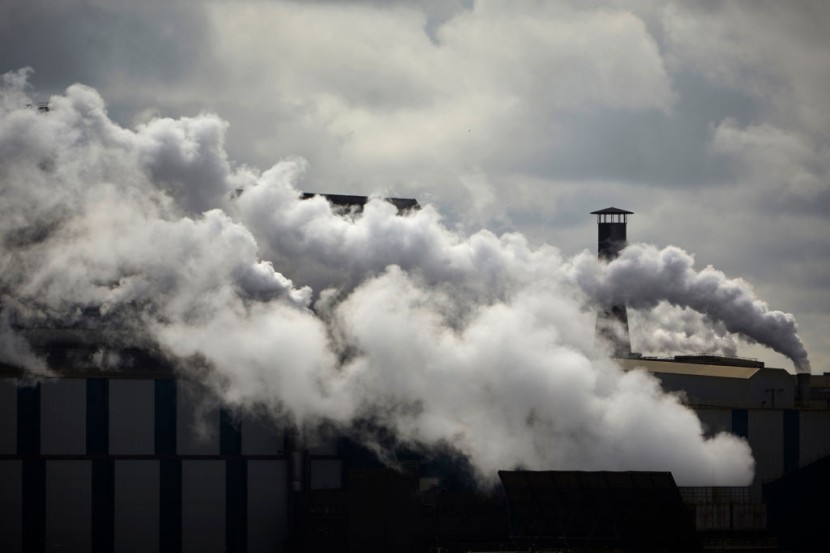
A group of European researchers conducted a study and found that people who have lung conditions are more at risk as climate change and air pollution continue to worsen.
Respiratory experts are now calling for immediate action to swiftly conduct efforts that would curb climate change and bring down air pollution to a more manageable level. They argued that various factors contributing to the deteriorating situation include high temperatures, changing weather patterns, increased pollen and other allergens, as well as more frequent wildfires, dust storms, and fossil-based traffic.
Effects of Climate Change on Air Pollution
The researchers said that these factors all exacerbate existing respiratory conditions while also being capable of creating new ones. The study's authors noted that the impact of worsening climate change on our planet and the health of humans has now become "irreversible," saying that the two are somewhat interlinked.
Air pollution in Europe was estimated to have resulted in the death of more than 373,000 people and more than 6.7 million worldwide in 2019. The authors wrote in a peer-reviewed editorial in the European Respiratory Journal that they are urging EU officials to lower the standard safe limit of air pollution in line with the numbers that the World Health Organization (WHO) currently follow, as per the Independent.
Professor Zorana Jovanovic Andersen of the University of Copenhagen, an author of the report, argued that while climate change affects everyone's health, those with respiratory conditions are among the most vulnerable population.
They noted that these individuals, already experiencing breathing difficulties, will be far more sensitive to the changing climate. Additionally, children are considered to be more vulnerable because their lungs have not yet fully developed. They also breathe faster and inhale two or three times more than adults whenever they spend time outdoors.
The researchers warned that exposure to air pollution early in a person's life could make it significantly more likely for them to develop chronic lung diseases in later years. These include chronic obstructive pulmonary disease or bronchitis from smoking.
Read Also : UK Concrete Crisis: Government Pressured to Release List of Schools in Danger of Collapse
Increasing Air Quality Standards
The authors noted that decreasing greenhouse gas emissions and stopping the planet from heating up further would result in "substantially larger and more immediate benefits." They argued that people's health would quickly improve once the air becomes cleaner than it is now, according to the Northern Daily Leader.
Recent reports by the WHO noted that cutting emissions would help improve air quality, which is enough reason to make regulating air pollution the core of any climate strategy. The authors were calling on better air quality standards on behalf of the European Respiratory Society, which represents more than 30,000 lung specialists across 160 countries,
Currently, the limits are 25 micrograms per cubic meter for fine particles and 40 micrograms per cubic meter for nitrogen dioxide. This is relatively large compared to the WHO's metrics, which are five micrograms per cubic meter for fine particles and ten micrograms per cubic meter for nitrogen dioxide.
Andersen argued that the current limits in the EU are outdated and do not protect the health of its citizens. They added that ambitious new air quality standards are needed to ensure that Europeans get cleaner air that would help them have better health, said the Medical Express.
© 2026 HNGN, All rights reserved. Do not reproduce without permission.








